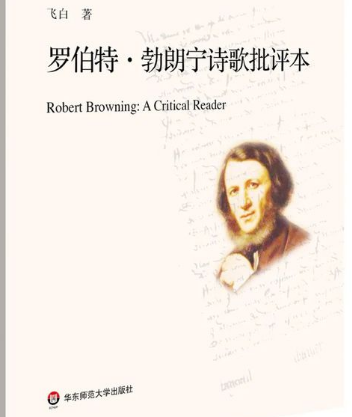In the long history of the Ming Dynasty, Jie Jin was a controversial figure. He was once a highly respected minister in two consecutive dynasties, but ultimately died a tragic death by being frozen to death by Zhu Di. The legendary life of Jie Jin ended in a heartbreaking way, leaving people to wonder what mistakes he had made to lead to such a fate.

Jie Jin, styled Ziyuan and given the name Dongli, was a native of Wuyuan, Jiangxi. He was diligent and studious in his youth, with a broad knowledge and strong memory, particularly skilled in literature and calligraphy. After the accession of Zhu Di, the Ming Chengzu Emperor, Jie Jin rose to prominence due to his talents and became a senior minister in the court. However, it was during this period that his destiny took a dramatic turn.
The main reasons for Jie Jin's downfall lay in two aspects: his fluctuating political stance and conflicts with powerful ministers. During Zhu Di's usurpation of the throne, Jie Jin had initially supported Emperor Jianwen but later surrendered to Zhu Di. This wavering stance gradually eroded his position in the court. Additionally, Jie Jin had a strong personality and was unafraid of confronting powerful figures, leading to conflicts with some of them. These ministers took advantage of the situation and spoke ill of him to Zhu Di, resulting in his loss of favor.
After losing the emperor's favor, Jie Jin's life began to spiral downwards. He was demoted to the position of Fujian Provincial Administrator and later imprisoned due to his involvement in a treason case. While in prison, he endured severe torture and suffered immense pain. Ultimately, under Zhu Di's orders, Jie Jin was frozen to death in an icehouse, becoming a tragic figure known as the "ice popsicle".
The tragedy of Jie Jin teaches us that fluctuating political stances and conflicts with powerful ministers can be fatal. In a feudal society, the emperor's trust in his ministers was crucial, and once lost, even the greatest talents could not save one's life. Furthermore, the tragedy of Jie Jin reflects the cruelty of political struggle in the Ming Dynasty, where even once-respected ministers could lose their positions and reputations overnight.
In conclusion, while the life of Jie Jin was filled with legend, his tragic ending is a cause for deep reflection. As we traverse the vast expanse of history, we should learn from the example of Jie Jin, cherish the peace and stability of the present, and strive to contribute to the prosperity of our country and the rejuvenation of our nation.
Disclaimer: The above content is sourced from the internet and the copyright belongs to the original author. If there is any infringement of your original copyright, please inform us and we will delete the relevant content as soon as possible.
































